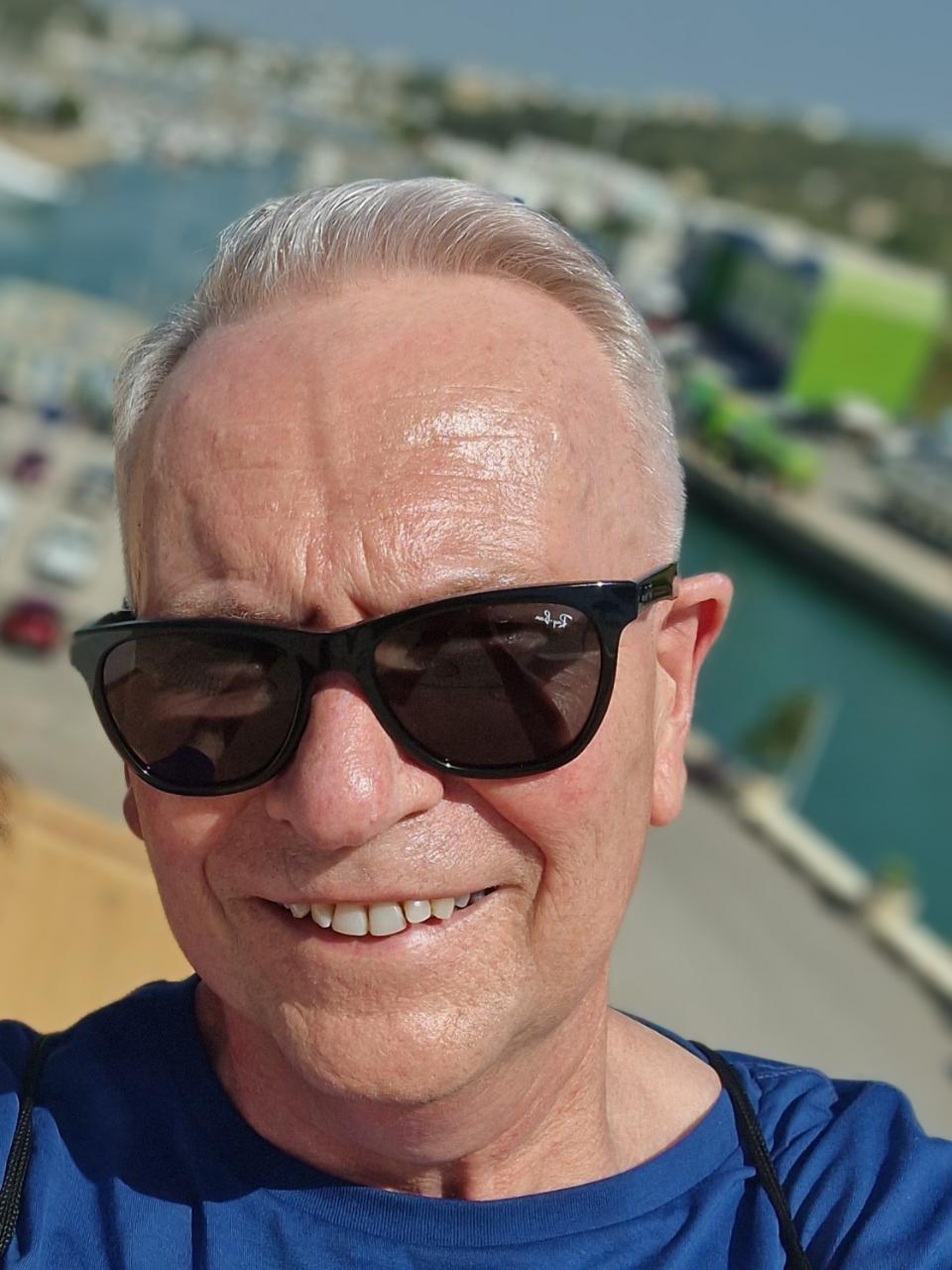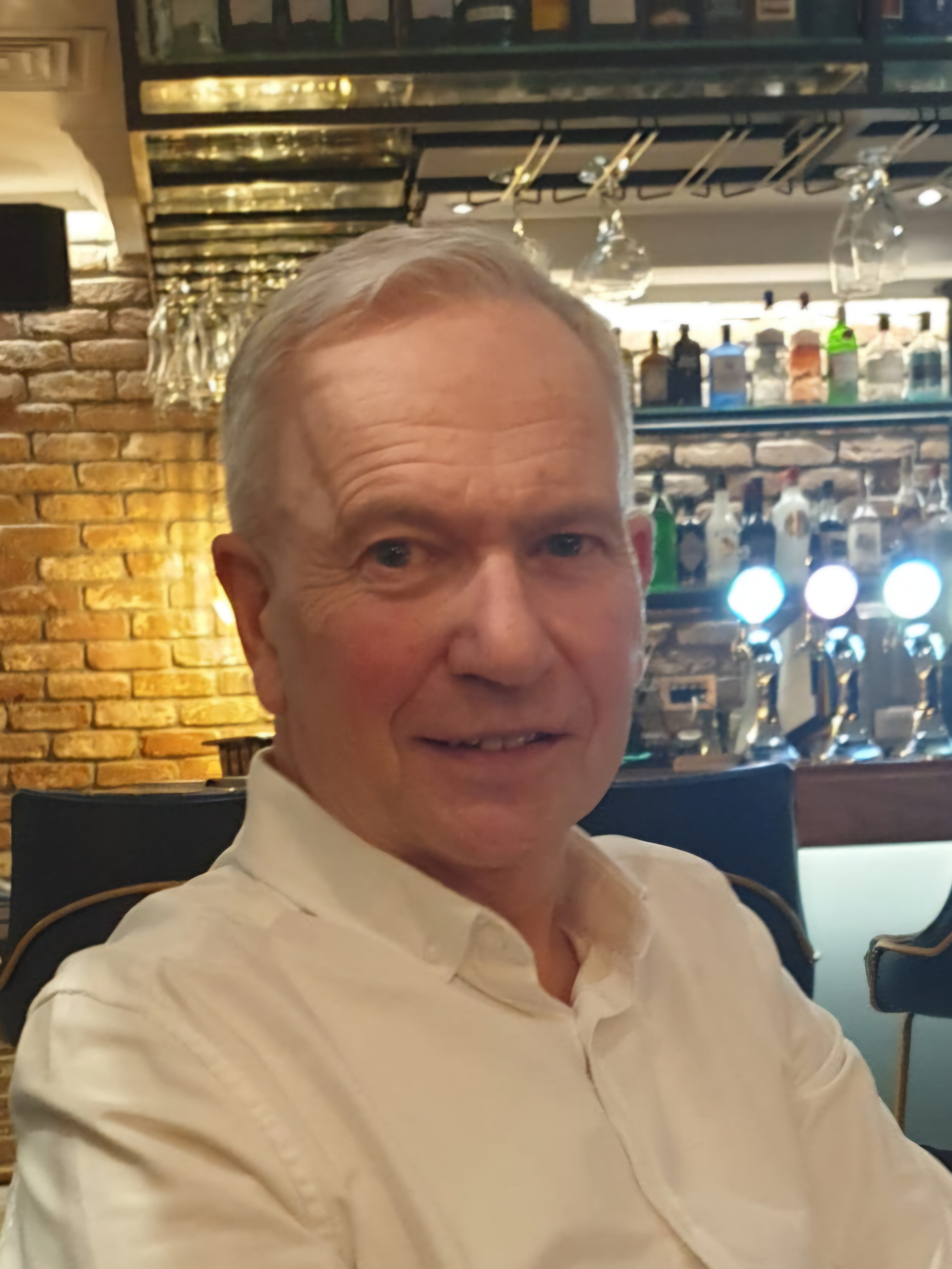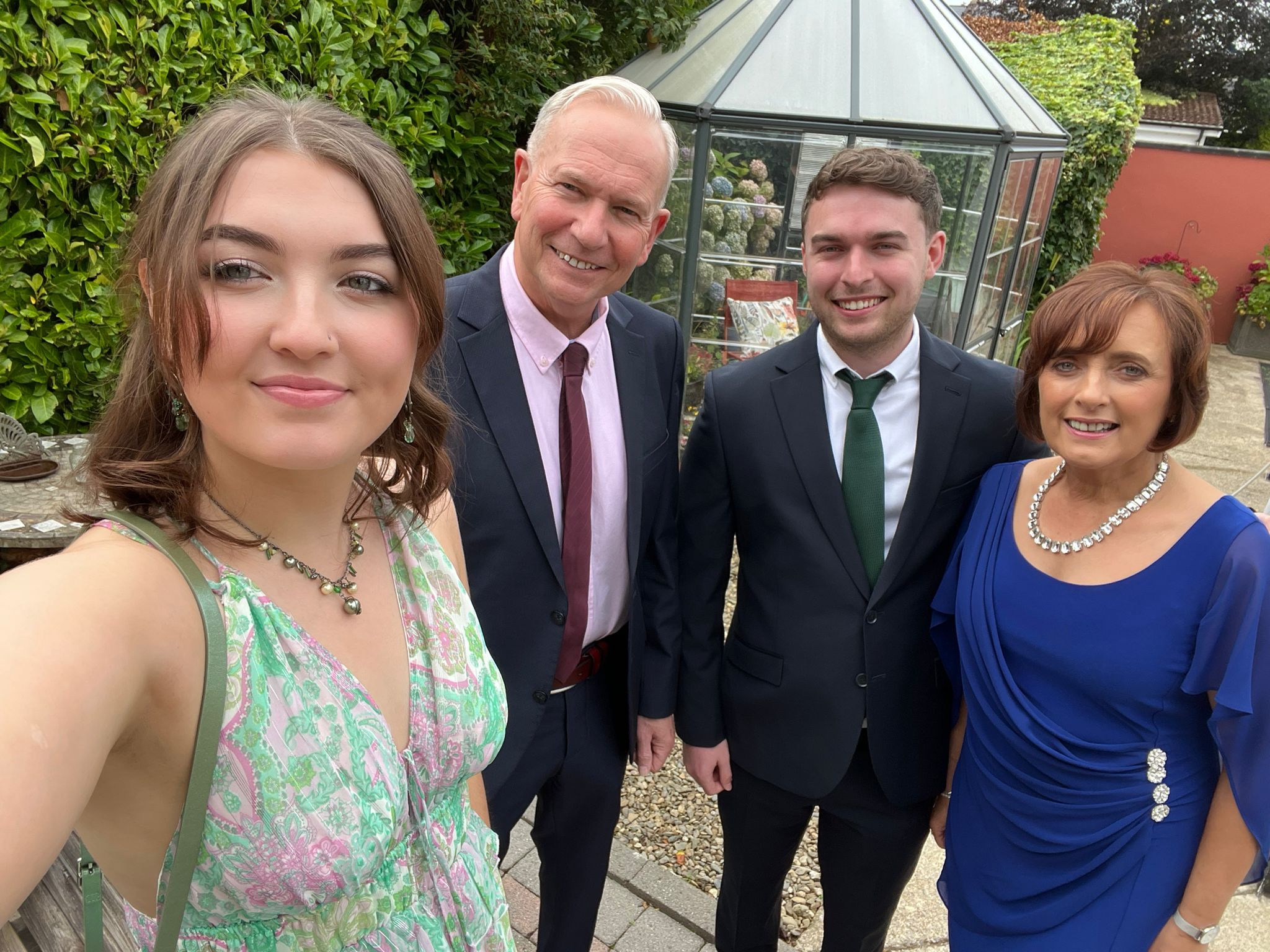Mike's Story
"Don’t look in the rearview mirror – the only way is forward. You have to push through it, and things will get better."
"Everybody’s cancer journey is different. When I started, I was told the prognosis was not good, but currently I have no active disease.
“The cancer could come back and if that happens, I will deal with it then, but it’s probably not going to be today or tomorrow, and I am currently making the most of the ‘now’.”
Mike Freeney, 58, from Limerick was an ultra-trail runner who clocked up hundreds of kilometres running across mountains in Ireland, the UK, and the US, when he started noticing a crackle in his breathing and throat issues. He was diagnosed with post-nasal drip, but his breathing continued to worsen, and he developed an ankle injury during a race.
“I went to my GP, and they said there was nothing serious about my ankle, and they gave me painkillers,” he says. “I’d been taking painkillers, but my ankle wasn’t any better, so I persuaded my GP to send me for a CT scan.
"Then, it was discovered that I had a fractured ankle that hadn’t healed very well. Around that time, I went to another doctor and told her about the problems I’d been having with my throat as swallowing had also become an issue at that stage.
“She said she didn’t like the look of it and gave me a referral to go to hospital for a scope. I went to the ENT, had the scope, and the doctor there said there was something in my throat, but it didn’t look sinister, and in about two months’ time I could come back for a scan. By this point, I started to develop a lump in my neck, but it wasn’t very noticeable.
"The GP who sent me for the scope referral called me to see how I got on. I told her I had to go back in two months for a scan, and she said, ‘Michael, you don’t have two months to wait for that’."
"She got me an appointment with a professor in Dublin. He scoped me, and looked at my wife and myself and said, ‘I think you know why you’re here’. I was sent straight to hospital, had the scope, saw the speech and language team, had scans, and I had a biopsy.”
This was November 2022, and the tests confirmed that Mike had hypopharyngeal (throat) cancer, which had spread to his lymph nodes. Treatment was scheduled immediately but had to be postponed as he was hospitalised with what was eventually diagnosed as drug-induced hepatitis, which stemmed from the amount of over-the-counter painkillers that Mike had been taking for his injured ankle.
In January 2023 after being released from hospital, he underwent 35 rounds of radiation and 6 rounds of chemo. A PET scan the following May showed that Mike’s throat was clear of cancer, but it did find a cancerous growth on his sacral spine which was not possible to biopsy or operate on as the risk of paralysis was very high. Around the same time, he was trying to cut out the opioids and was going through severe withdrawals to finally give them up.

However, in July 2023, Mike had to have three treatments of stereotactic radiation to remove the growth on his sacral spine. At the next scan, the throat and the initial spine disease was gone, but there were small tumours in his lungs and another two spots on the sacral spine.
“So, I got off the opioids and in November 2023 I started on immunotherapy treatment on the advice of my oncologist, who was fantastic in every part of my journey. This worked brilliantly on the lungs but, unfortunately, it didn’t get the sacral tumours under control.
“In July 2024 I had another ten rounds of radiation on my sacral spine and I managed the treatment using only a short dose of steroids and without opioids. I stayed on the immunotherapy, and at the end of August 2024, I went in for a scan. They said they could hardly find anything in my lungs, and the things that were on my sacral spine were gone – all that was left was the scar tissue from them.
“Fast forward to January 2025, I went in for another scan and they told me that I currently have no active disease. I was a little bit incredulous, I found it very hard to take in and accept, because every other scan I went for the results were ‘Well, it’s not terrible, but….’.”
Mike still lives with the effects of the cancer treatment he underwent, but he has resumed his active lifestyle and is sharing his story to show that there is life beyond a cancer diagnosis.
“You have to accept that you have damage from the treatment. I still have issues with my throat: swallowing and tasting, but you get used to it. I have some pain from all the radiation, both on my lower spine and my neck and shoulder area. I do a lot of stretching exercises to counteract that because it’s caused by tension."

My ligaments that had radiation near them are all tightened, so sometimes they pull my cervical spine out of line which causes some funny side effects, but a bit of stretching sorts it out.
“I was so lucky that my dietician recommended a cancer physio specialist now. The first day I started with her I was like the Tin Man. I literally couldn’t move anything but, slowly but surely, with her treatments and guidance, those issues are resolving themselves.
“Other than the immunotherapy and two gastric acid tablets a day, I don’t take any medication. I’m back doing a bit of trail running, I go for a walk every day with the dog, I do yoga once a week, I’m back doing some weights sessions in the gym and cycling.
“I had fantastic support from my mother, my wife, and two grown-up children, and all my family and friends, who throughout everything, never lost faith in me – well, they told me they didn’t, anyway! I am seeing my son’s progression in his accountancy career and all of us celebrated my daughter’s graduation with first class honours in genetics."

“To be honest, there is probably a lot of my cancer experience that I don’t remember. It comes back in bits and pieces sometimes. It used to bother me, but not anymore.
“For those people on the journey, everyone’s story is different, so reading about how somebody else got on can be counterproductive. What’s the same, is survivorship. When you come out of treatment, it can be difficult as it can be a ‘safe haven’ and you imagine every ache and pain is cancer, but that too will pass.
“Like I said at the start of this, I only look forward and enjoy the ‘now’. If the cancer comes back, I will deal with it then, as it has come back before. But, after the initial disappointment after the first recurrence, it becomes something you just deal with.
“The race director of the most famous, or infamous ultra marathon, depending on what way you look at it, has a saying: ‘To run an ultra, you have to be arrogant enough to think you can do it, then stupid enough to try’. I think that’s a bit like taking on cancer.”
